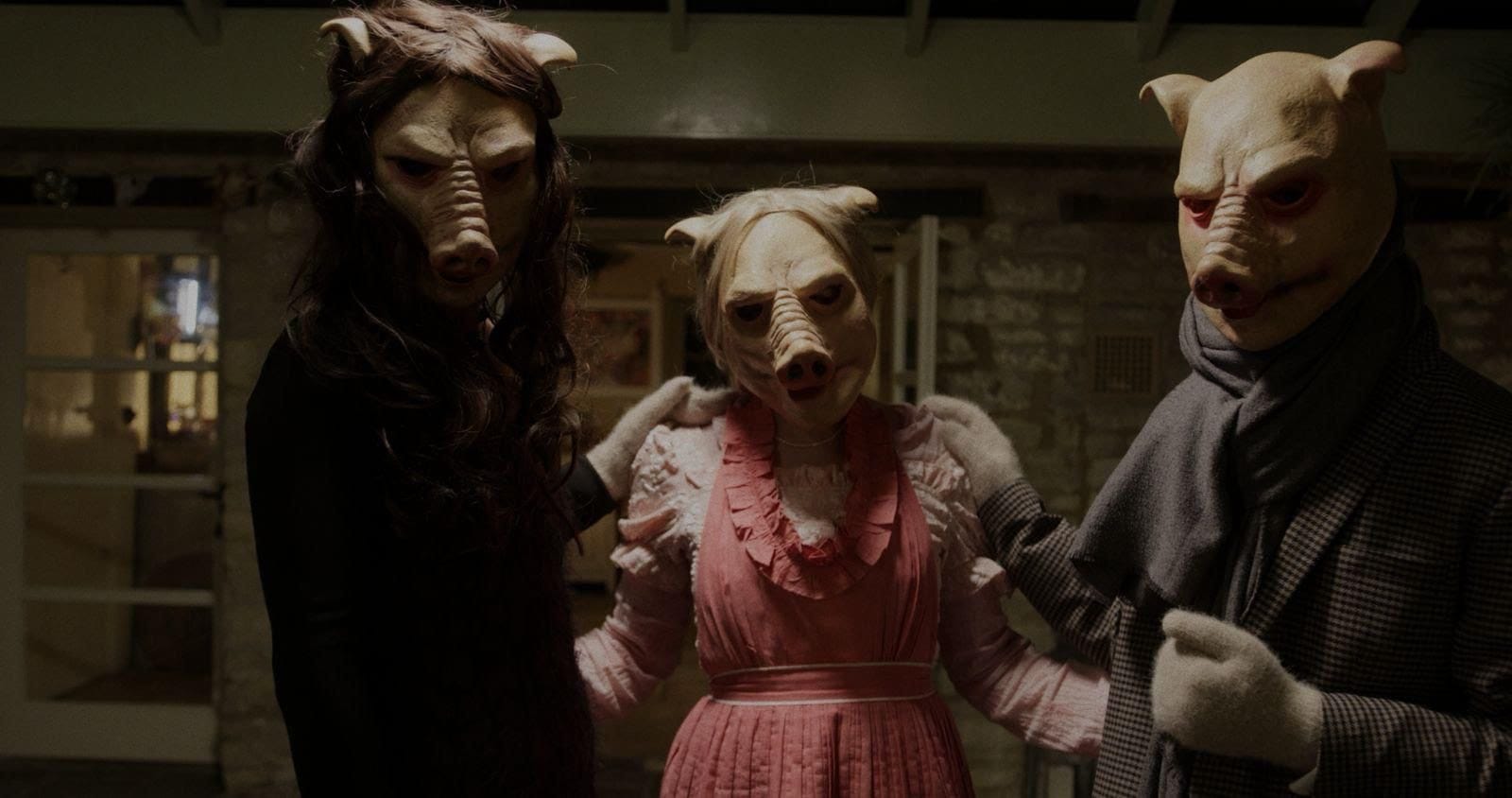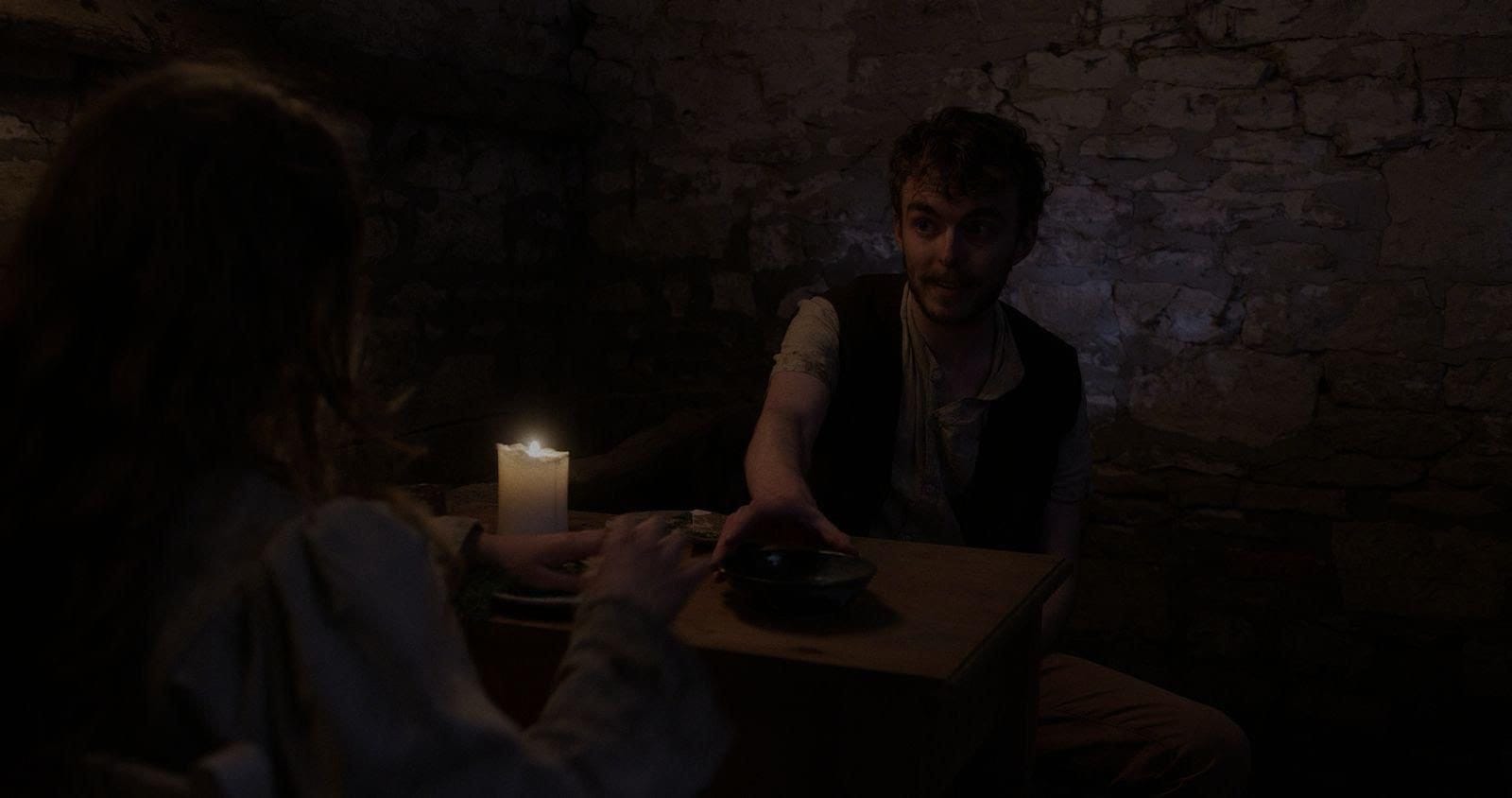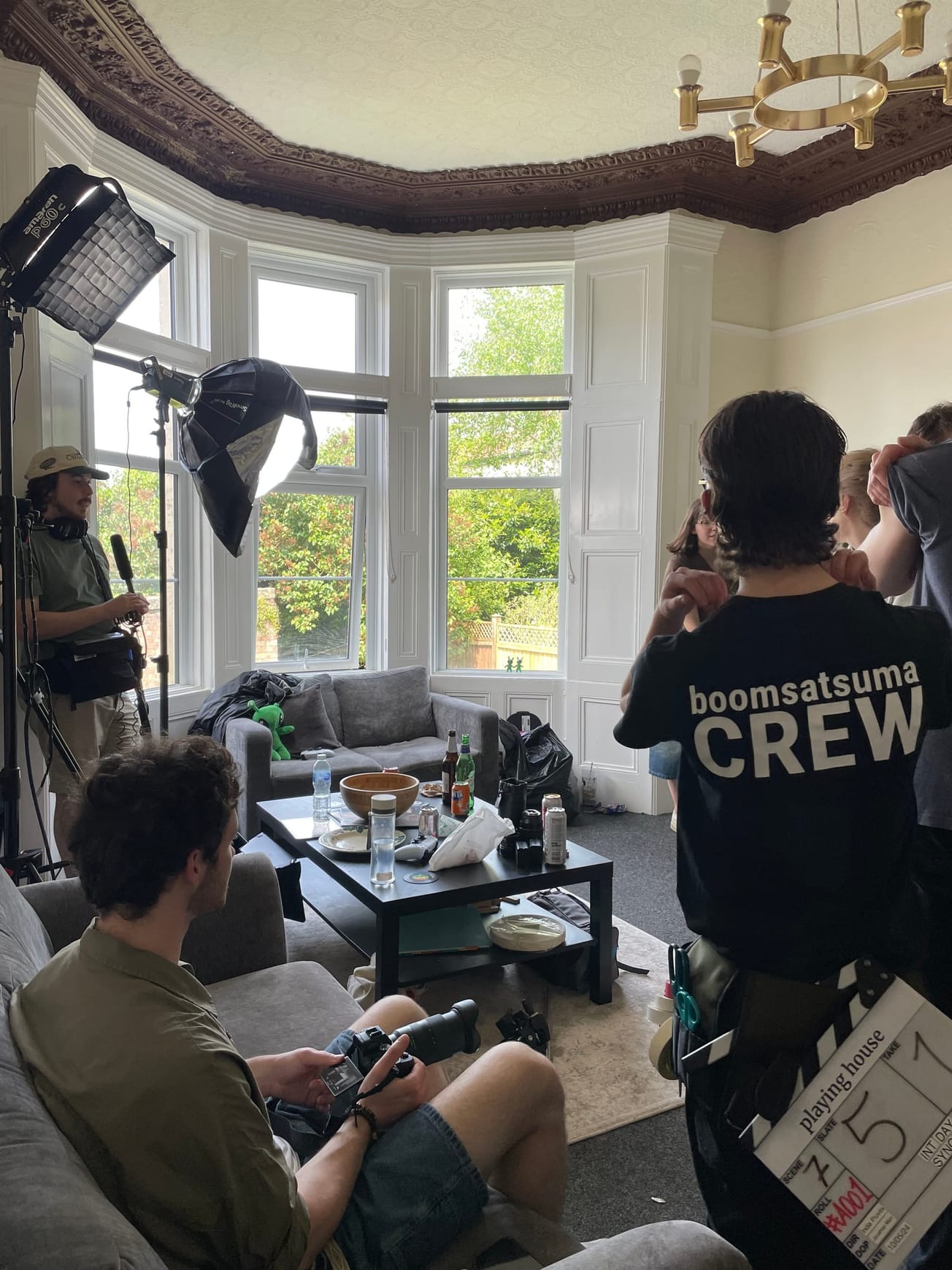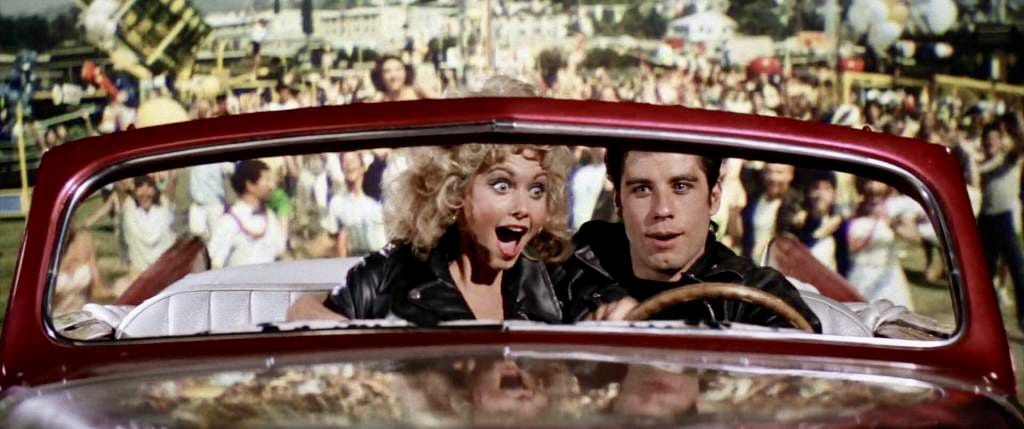By Olivia Howard, Geography, Second Year.
In light of the BAFTA’s and the upcoming Oscars, the words of winners such as Da’Vine Joy Randolph, Mia McKenna-Bruce, Mstyslav Chernov and James Wilson displayed how inherently valuable film is to create healthier, more communicative and accepting societies. With student films being a building block for future creatives like these, the relevance of such work cannot be understated.
Similarly, the Arts Council England alongside the Office for National Statistics showed that in 2019, the arts and culture industry grew by £390 million in one year, resulting in £10.8 billion being contributed to the UK economy. Productivity in the arts and culture sector between 2009 and 2016 was greater than the economy as a whole, and in 2019 a further 363,700 jobs were created within these industries.
Despite this, many reports have suggested the UK is entering a ‘creativity crisis’, with fewer creative opportunities in schools, universities, internships and the job sector.

It was 2021 that saw the government suggest a plan to cut funding for the arts via the Office for Students by 50%, suggesting that the money be funneled into ‘high value subjects’, such as STEM research. The Department of Education, led by Gavin Williamson, said that such funding changes would “support the skills this country needs to build back better" (BBC May 2021), Bristol students commenting that this monetized the concept of ‘value’ and dismissed the contribution of the arts to wellbeing, careers, communication and activism.
This ‘creativity crisis’ displays the importance of student film in reversing the decreasing access to creative outlets, as well as sustaining the benefits from cultural activities in society. Often with low budget and low stakes, student films are produced, directed and contributed to by students. They can provide a safe, risk encouraging environment to build a portfolio of work, and experiment with ideas while consistently developing building skills for the future.
Having spoken to pupils across the university, their insights reveal some of the exclusive benefits of student film. One student film production designer commented “Student film is such low pressure. You are not creating for a job, but for fun - as an outlet. My practice supports my academic studies as it creates the mental space for me to focus, having worked on something I love for myself”. While studying within the School of Geographical Science and Engineering, this production designer continued to express how the provision of entry level roles in student film opened doors for them to creative jobs in the future, even if their current studies are not in this field.

Students who were members of Creative BCA compounded these ideas, explaining that student film is multi-dimensional; production, acting, designing and script writing are only the tip of the iceberg when it comes to making a film. Group members were emphatic of the fact that film teaches creatives to work with others who differ from them, expanding perspectives and remaining open minded. Extra-curricular activities in this space being fundamental to learning flexibility and quick thinking in the workplace.
Another student hoping to move into the arts field after university said “increasingly future jobs are promoted for their income, less focused on wellbeing. Yet, to me, the creative industry can provide an opportunity to feel content and make a difference while stimulating your brain. Not everything is about having a huge money making career, there needs to be a greater focus on feeling content and proud of what you do”.
These opinions align with many students' disappointment towards what is happening in Bristol; government funding to the Watershed is being cut and the University media suite is being removed to make space for the move to Senate House. An aspiring journalist said, “it seems as though the university is mirroring the government's preference of STEM futures over artistic ones, despite famous alum such as Simon Pegg, Susana Reid, Charlotte Ritchie and Matt Lucas”. A group discussion led many students to conclude that lockdown highlighted society's reliance on the arts more than ever, the British population dependent on creative outlets to get through the pandemic. Students felt that those who are now trying to reduce funding for films most probably also enjoyed unwinding with different forms of media when the country was locked down.
The consensus after these conversations is that student films are undervalued and under promoted.

On top of the direct feedback from these students, other British newspaper exposes, alongside senior arts figures commentaries, support the idea that a reduction in arts funding leads to concerning outcomes. Some important critiques stress the worry that a reduction in funding will result in inequalities in arts access, specifically affecting those from low income, minority and marginalised backgrounds.
There is a strong discourse that has shown many who don’t have access to university film opportunities, won’t be able to afford other methods of training. Therefore, without appropriate funding, student films are becoming more elitist, those who can afford extra-curricular opportunities, the people who produce more of the output. This has raised important questions surrounding the voices prevented from being heard in the film space. The British film industry previously commented that British films ‘needs to be less traditional, so that young people can look behind the scenes and think ‘maybe I could do that’’, however, less funding is suggesting that this is less likely to be the case.
Building on this, another unique aspect of student film is that it can create real footage on poignant issues. Through engaging with multiple perspectives in emotive ways, films act as tools which empathise with individuals and communities. Again, debut films such as ‘How to Have Sex’ and ‘Earth Mama’, both receiving raving reviews, brought nuanced angles to challenging topics, inspiring to many young creatives. Similarly, with student film also comes the ability to critique what you watch. Students rely on student film production processes to create opinions on other films, which can often be politically and socially charged work. Student film creates an empowering platform, from which many voices and perspectives can be heard and shared.

It comes as no surprise that famous actors such as Robert De Niro, Angela Jones, and Jon Heder, all started in student films, making connections thereon after which ended up being fundamental to their career. For De Niro, this was meeting director De Palma who later introduced him to Scorsese.
Thus, many students, academics, and communities more widely feel as though the arts are under threat. Media/Film and TV studies are down 52% at universities and schools, and across the UK there are being multiple department closures across the university sector. This has contributed to the ‘RIP -off degrees’ anti-arts rhetoric, leading potential students to be put off an arts degree as there is seen to be a lack of future jobs. This will potentially affect student preparedness for the workplace resulting in a society which could be less culturally diverse.
The people spoken to in the process of writing this article hope to see all scales of governance refocus on the soft power of the arts and student film, and an examination of the benefits they bring to society. From communication skills to intellectual critique, student film can result in future problem solvers. With this long-standing debate becoming livelier over the past 10 years, what is clear from these conversations is the integral role the arts and student film play in many people's lives.
Are you involved in student film?









